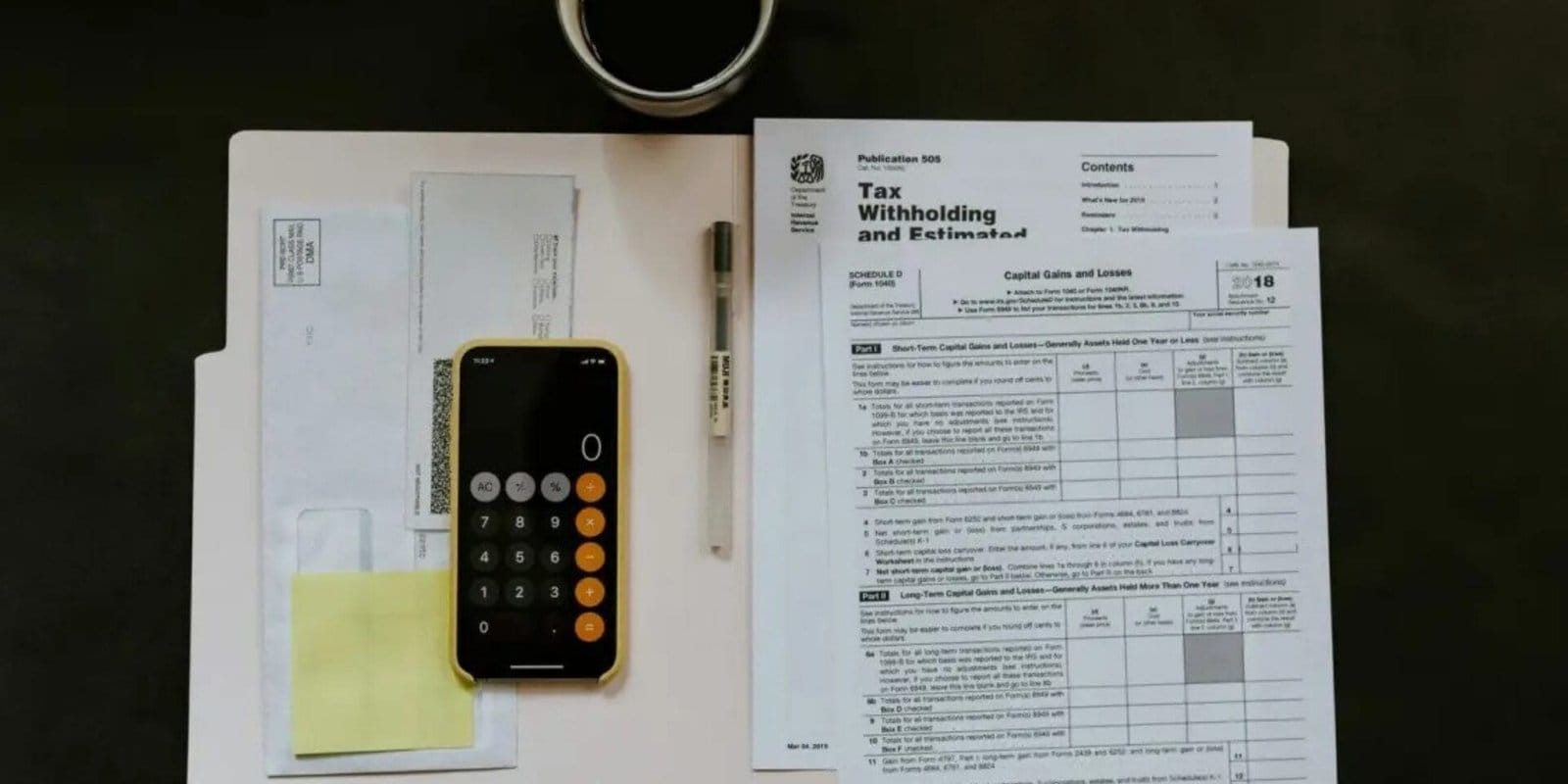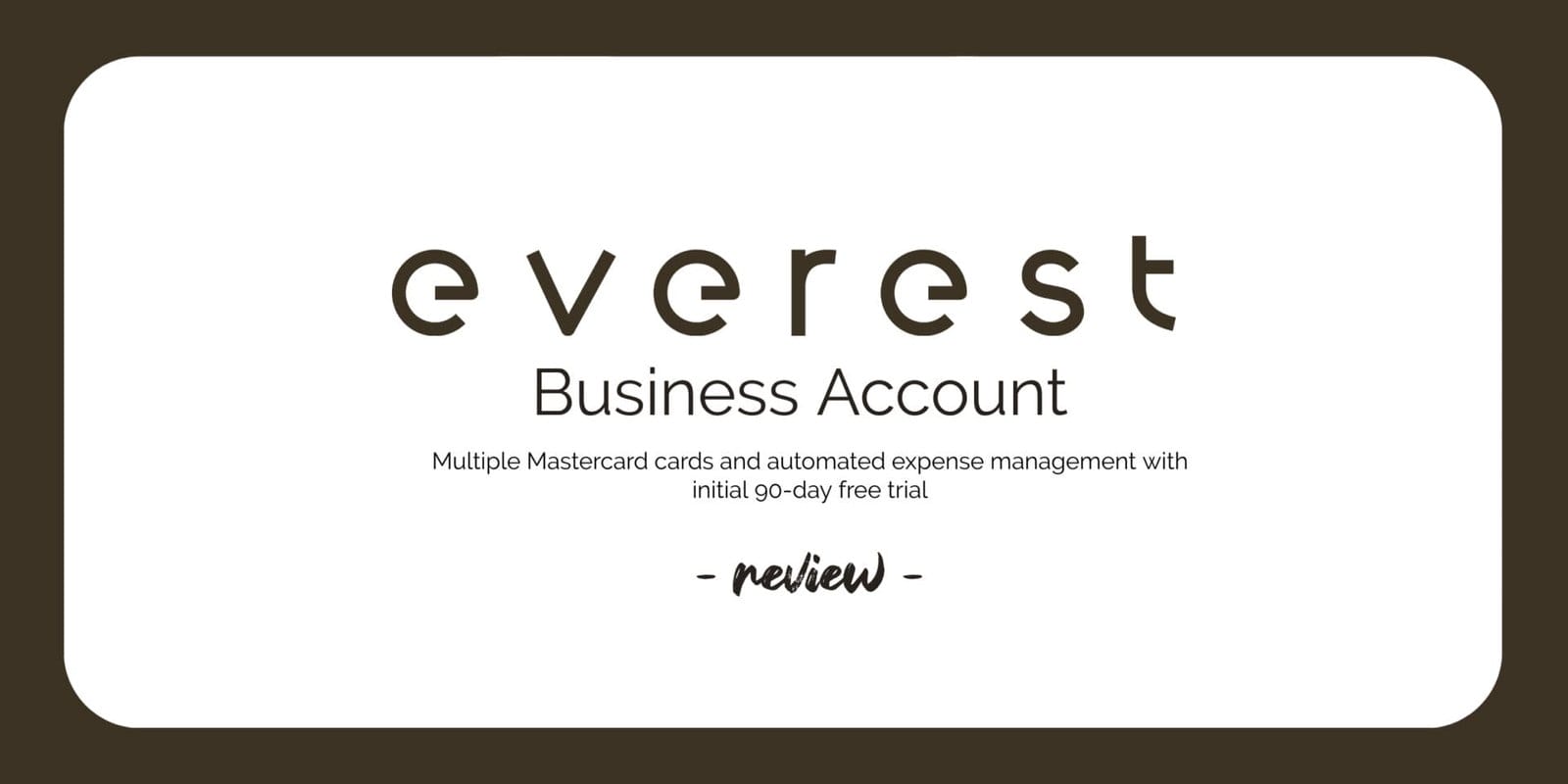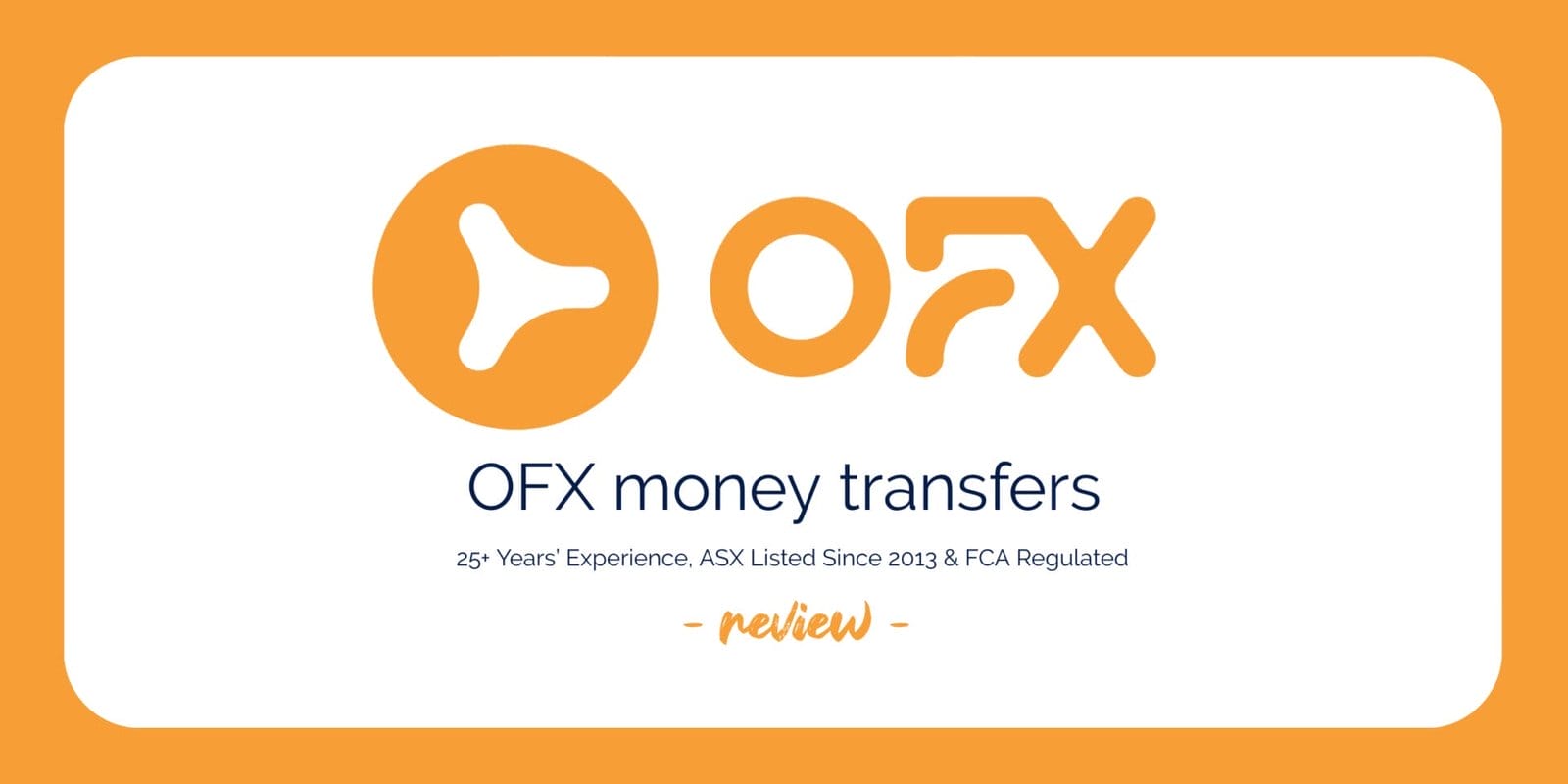Self Employed vs Sole Trader: Unveiling the Key Differences

by Chris M.
January 29, 2024
by Chris M.
January 29, 2024

Self employed vs sole trader – what’s the difference?
The term ‘sole trader’ refers to your business structure, while being ‘self-employed’ indicates that you operate independently without an employer and manage your taxes outside of PAYE. These terms are frequently used interchangeably, implying that if you’re self-employed, you’re essentially operating as a sole trader.
The world of entrepreneurship is waiting for you, offering the opportunity to unlock your full potential and achieve the freedom you’ve always desired.
But before you embark on this exciting journey, you must consider the choice between being a sole trader or being self-employed. What are the differences and how will they impact your entrepreneurial adventure?
In this article, we will explore the intricacies of these two paths and help you make an informed decision that will shape the future of your business and your life. So, get ready to dive into the world of sole trader versus self-employment, where your entrepreneurial dreams can become a reality.
Definitions and Similarities
When it comes to understanding the definitions and similarities between being a sole trader and being self-employed, it’s important to have a clear understanding.
As an individual seeking freedom, it’s crucial to grasp the advantages and disadvantages of both options.
Being a sole trader means that you’re the sole owner of your business, legally considered the same entity as the business itself. On the other hand, being self-employed means working for yourself without an employer or paid benefits.
Both options have legal implications, with sole traders being personally responsible for all debts and obligations of the business, while self-employed individuals are personally responsible for their work-related debts.
It’s essential to understand these distinctions as you navigate the world of entrepreneurship and strive for the freedom that comes with being your own boss.
With simple words: You’re self-employed if you run your own business as an individual and work for yourself. This is also known as being a ‘sole trader’. You can keep all your business’s profits after you’ve paid tax on them
Responsibilities of a Sole Trader or Self-Employed Person
Understanding the responsibilities of being a sole trader or self-employed person is essential for navigating the world of entrepreneurship and embracing the freedom of being your own boss. Two crucial aspects to consider are the implications of taxes and the importance of financial planning. Let’s explore these responsibilities in the table below:
| Responsibility | Tax Implications | Financial Planning |
|---|---|---|
| Tax and National Insurance | Submitting an annual tax return and paying income tax on profits. | Contributing towards National Insurance and planning for income tax payments. |
| Insurance | Considering employers liability insurance and public liability insurance. | Planning for compensation claims and potential risks. |
| Business Bank Accounts | Separating personal and business finances and considering the needs of your company. | Organizing finances and researching available business bank accounts. |
Understanding the tax implications and planning your finances accordingly will help you maintain compliance and ensure the financial stability of your business. By fulfilling these responsibilities, you can truly embrace the freedom of being your own boss.
Tax and National Insurance
As a sole trader or self-employed person, here are three key things you need to know about tax and National Insurance:
- Tax deductions: As a self-employed individual, you can deduct certain business expenses from your taxable income. This includes expenses like office supplies, travel costs, and professional fees. By taking advantage of these deductions, you can lower your overall tax liability and keep more of your hard-earned money.
- Tax implications for self-employed individuals: Unlike employees who’ve their taxes deducted automatically from their paycheck, self-employed individuals are responsible for calculating and paying their own taxes. This means you need to keep accurate records of your income and expenses and file an annual tax return. Failure to do so can result in penalties and interest charges.
- National Insurance contributions: As a self-employed person, you’re required to contribute towards National Insurance. This includes Class 2 and Class 4 contributions, which help fund state benefits like the State Pension and Maternity Allowance. It’s important to understand your National Insurance obligations and ensure you make the necessary contributions to protect your future financial security.
Insurance
Now let’s discuss the significance of insurance for sole traders and self-employed individuals, providing protection and peace of mind for your business endeavors.
As a sole trader or self-employed person, it’s essential to consider the risks associated with running your own business and take measures to mitigate them. Two important types of insurance to consider are public liability insurance and professional indemnity insurance.
Public Liability Insurance offers coverage in case of accidents or injuries that occur on your business premises or as a result of your business activities. It protects you from potential legal and financial liabilities that may arise from such incidents, allowing you to focus on growing your business without the concern of unexpected expenses.
Professional Indemnity Insurance is crucial if you provide professional services, advice, or expertise. It safeguards you against claims made by clients for financial loss, negligence, or errors in your work. This type of insurance gives you the confidence to take on challenging projects, knowing that you’re protected in case of any unforeseen issues.
Having the right insurance coverage as a sole trader or self-employed individual is a vital part of being a responsible business owner. It not only protects your business assets but also gives you the freedom to take risks and pursue opportunities without the fear of potential financial setbacks.
Business Bank Accounts
Consider opening a separate bank account for your business to efficiently manage your finances and establish a strong foundation for your sole trader or self-employed business. Here are three key benefits and considerations of having a separate business bank account:
- Professionalism: Having a dedicated business bank account helps maintain a clear separation between personal and business finances. This enhances the professional image of your business and simplifies accounting and tax reporting.
- Financial Organization: Keeping business transactions separate from personal ones allows for easy tracking of income and expenses, monitoring of cash flow, and preparation of accurate financial statements. This enables informed business decisions and ensures compliance with tax regulations.
- Access to Banking Services: A business bank account provides access to a range of banking services tailored to the needs of sole traders and self-employed individuals. These services may include business loans, merchant services, and online banking tools to streamline financial operations.
Choosing the right business bank account for sole traders and self-employed individuals is crucial for maintaining financial control and maximizing the benefits of your business. Take the time to research available options and select a bank that aligns with your specific needs and goals.
Differences Between Sole Trader and Self-Employed
When comparing the roles of a sole trader and a self-employed individual, it’s important to understand the key differences between these two business structures.
One of the main differences lies in the taxation implications. As a sole trader, your profits are taxed as personal income, meaning you’re personally responsible for paying income tax on your business earnings. The same applies to self-employed individuals.
Another aspect to consider is the financial considerations. As a sole trader, you have full control over your business decisions, giving you the freedom to shape your business according to your vision. However, limited access to financing options can be a drawback.
On the other hand, self-employment offers flexibility in work hours, but irregular income and the lack of employment benefits should also be taken into account.
Understanding these differences can empower you to make the right choice for your entrepreneurial journey.
Liability
When it comes to liability, it’s important to understand the differences between sole traders and self-employed individuals in terms of their personal responsibility for debts and obligations. Here are three key points to consider for a better understanding of legal liabilities and managing financial risks:
- Sole Trader Liability: As a sole trader, you’re personally responsible for all the debts and obligations of your business. This means that your personal assets could be at risk if your business faces financial difficulties.
- Self-Employed Liability: Similarly, self-employed individuals are also personally liable for any debts or obligations related to their work. This includes situations where you may be held responsible for damages or legal claims arising from your business activities.
- Managing Financial Risks: To protect yourself and your business, it’s important to consider appropriate insurance coverage, such as public liability insurance and professional indemnity insurance. Additionally, maintaining accurate financial records and seeking professional advice can help you effectively manage financial risks.
According to our experience and research, understanding liability and taking proactive steps to manage financial risks is crucial for the success and protection of your business.
Benefits and Drawbacks
Sole traders and self-employed individuals both have their own set of advantages and disadvantages in their business endeavors.
As a sole trader, one of the main advantages is the autonomy to make all business decisions without any interference. You have complete control over the choices that impact your business. However, a drawback of being a sole trader is the limited access to financing options. Without the support of a larger entity, it can be difficult to secure loans or investments for your business.
On the other hand, as a self-employed individual, you have the flexibility to set your own work hours. This allows you to create a schedule that aligns with your personal preferences and priorities. However, a disadvantage of the entrepreneurial lifestyle is the fluctuating income and lack of employment benefits. Your income can vary, so it’s important to plan and budget accordingly. Additionally, you don’t have access to traditional employment benefits such as paid leave or health insurance.
Ultimately, both paths have their pros and cons, and it’s important to carefully consider and evaluate them to determine which best suits your entrepreneurial freedom.
Frequently Asked Questions
What Are the Advantages of Having a Separate Business Bank Account for a Sole Trader?
Having a separate business bank account as a sole trader offers several advantages. It allows you to keep your personal and business finances separate, making it easier to manage and track your expenses. Additionally, having a dedicated business account simplifies tax reporting, as you can easily identify and categorize your business transactions. Moreover, it enhances your professionalism by demonstrating that you take your business seriously and operate it in a professional manner. Therefore, opening a separate business bank account is a wise decision for effectively managing your business.
Are There Any Specific Legal Requirements for Self-Employed Individuals Regarding Insurance?
As a self-employed individual, you have specific legal requirements when it comes to insurance coverage. While business insurance is not mandatory, it is advisable to consider obtaining public liability insurance to protect yourself as a sole trader.
Can a Sole Trader Hire Employees for Their Business?
Yes, as a sole trader, you have the freedom to expand your business by hiring employees. However, it’s important to effectively manage your finances to support your growing team.
How Does the Personal Liability of a Sole Trader Differ From That of a Self-Employed Individual?
As a sole trader, your personal liability for business debts and obligations is the same as that of a self-employed individual. However, limited liability is an advantage for sole traders, as they have full control over business decisions. Both sole traders and self-employed individuals have the same tax obligations, as their profits are taxed as personal income.
Is There a Specific Process to Follow When Registering as a Sole Trader With HMRC?
When registering as a sole trader with HMRC, it is important to follow the specific process. By registering, you are laying a strong foundation for your business and ensuring compliance. Do not underestimate the significance of this step in your journey as an entrepreneur.
💰 Top Financial Offers 💰
📃 MoneyZoe’s Latest Reviews 💰Start saving money with the best financial services

Free Business Bank Accounts in the UK: A Complete Guide

Everest Business Account: A Complete Review

Wise Business Account Review: Features, Fees, and How to Open

Zempler Bank Business Account Review 2024 | Formerly Cashplus

A Comprehensive Guide to Personal Pensions: Securing Your Financial Future





